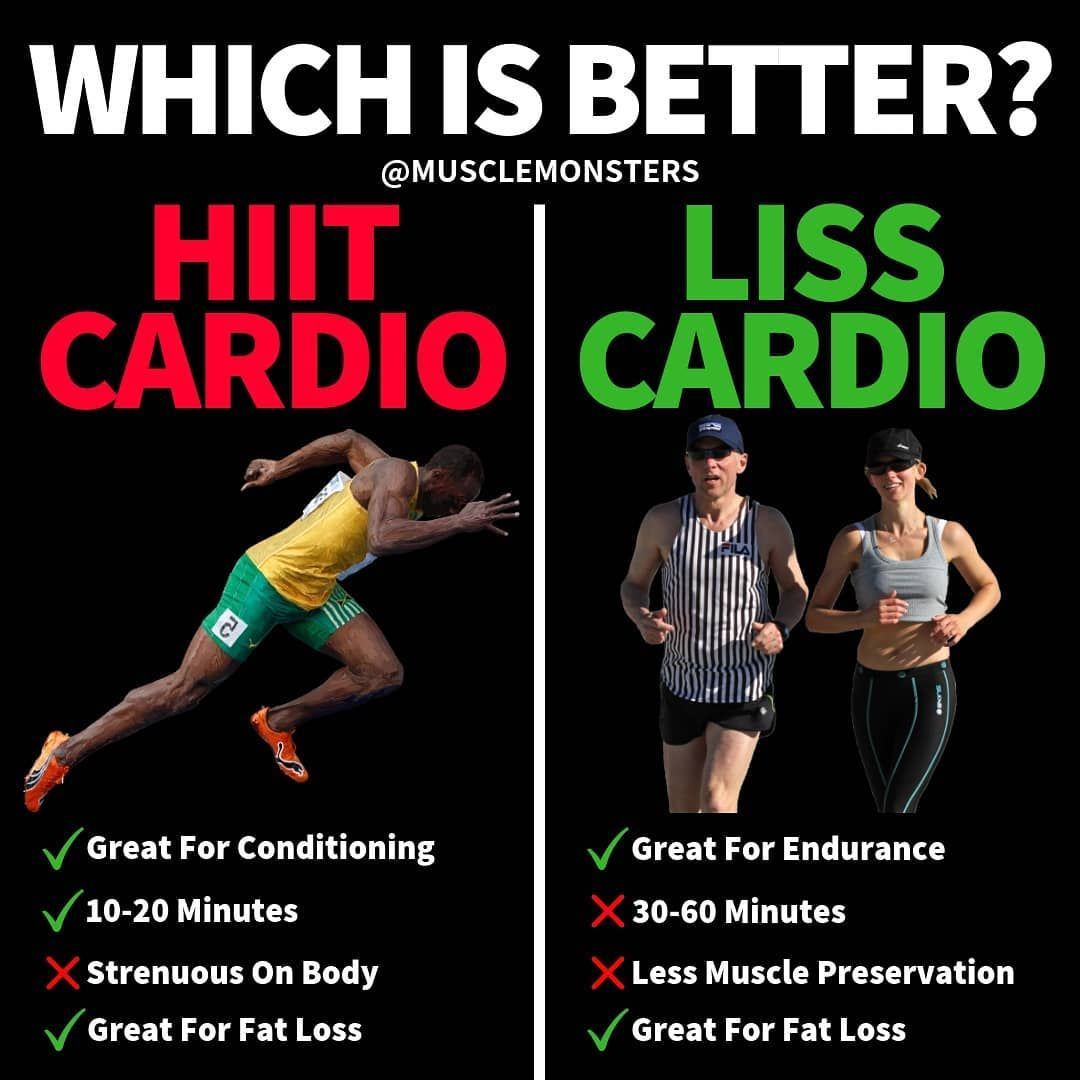When it comes to high-intensity workouts like CrossFit, proper nutrition plays a critical role in supporting performance and optimizing results. This article will delve into the importance of fueling your body effectively before, during, and after intense CrossFit sessions. By incorporating the right combination of macronutrients, timing your meals strategically, and understanding your body’s unique needs, you can maximize your energy levels, enhance recovery, and reach your fitness goals faster.
1. Pre-Workout Nutrition: Setting the Stage for Success
1.1 The Role of Carbohydrates:
Carbohydrates are the primary fuel source for high-intensity exercises. Opt for complex carbs like whole grains, sweet potatoes, and fruits, as they provide sustained energy while avoiding spikes in blood sugar levels.
1.2 Protein for Muscle Support:
Protein is essential for muscle repair and growth. Include lean sources like chicken, fish, eggs, and plant-based options like tofu or quinoa in your pre-workout meals to supply amino acids to your muscles.
1.3 Healthy Fats for Sustained Energy:
Incorporate healthy fats from sources such as avocados, nuts, and olive oil into your pre-workout meals. They provide a steady release of energy throughout the workout and support brain function.
2. Intra-Workout Nutrition: Fueling the Fire
2.1 Hydration is Key:
Staying hydrated during intense workouts is crucial for optimal performance. Consume water frequently and consider incorporating electrolyte-rich fluids like coconut water or sports drinks to replenish minerals lost through sweat.
2.2 Quick Carbs for Immediate Energy:
During longer CrossFit sessions, your body may require additional carbohydrates to maintain energy levels. Choose easily digestible sources like energy gels or sports drinks to access quick energy and prevent fatigue.
3. Post-Workout Nutrition: Recovery and Rejuvenation
3.1 Protein for Muscle Repair:
Following high-intensity workouts, your muscles need protein to repair and rebuild. Include a quality protein source, such as whey protein, lean meats, or plant-based alternatives like legumes or Greek yogurt, in your post-workout meal to facilitate optimal recovery.
3.2 Carbohydrates to Replenish Glycogen Stores:
Refuel depleted glycogen stores with carbohydrates post-workout. Opt for fast-digesting carbs like white rice, potatoes, or fruits to kickstart the recovery process promptly.
3.3 Antioxidants for Recovery and Immune Support:
Intense workouts increase oxidative stress in the body. Including antioxidant-rich foods like berries, dark leafy greens, and nuts in your post-workout meal can help counteract this stress and support overall recovery and immune function.
4. Individual Considerations: Tailoring Nutrition to Your Needs
4.1 Listen to Your Body:
Each individual has unique nutritional requirements. Pay attention to how your body responds to different foods and adjust your pre, intra, and post-workout nutrition accordingly to optimize performance and recovery.
4.2 Experiment and Track:
Experiment with different macronutrient ratios and timing strategies to find the combination that works best for you. Keep a food diary or use digital tools to track your intake and assess how it impacts your energy, performance, and overall well-being.
Conclusion:
In the world of CrossFit, proper nutrition is a fundamental pillar for unlocking your full potential. By understanding the significance of pre, intra, and post-workout nutrition, you can prime your body for intense workouts, boost energy levels, and expedite recovery. Remember, there is no one-size-fits-all approach to nutrition, so experiment, listen to your body, and make informed choices that fuel your high-intensity workouts.
